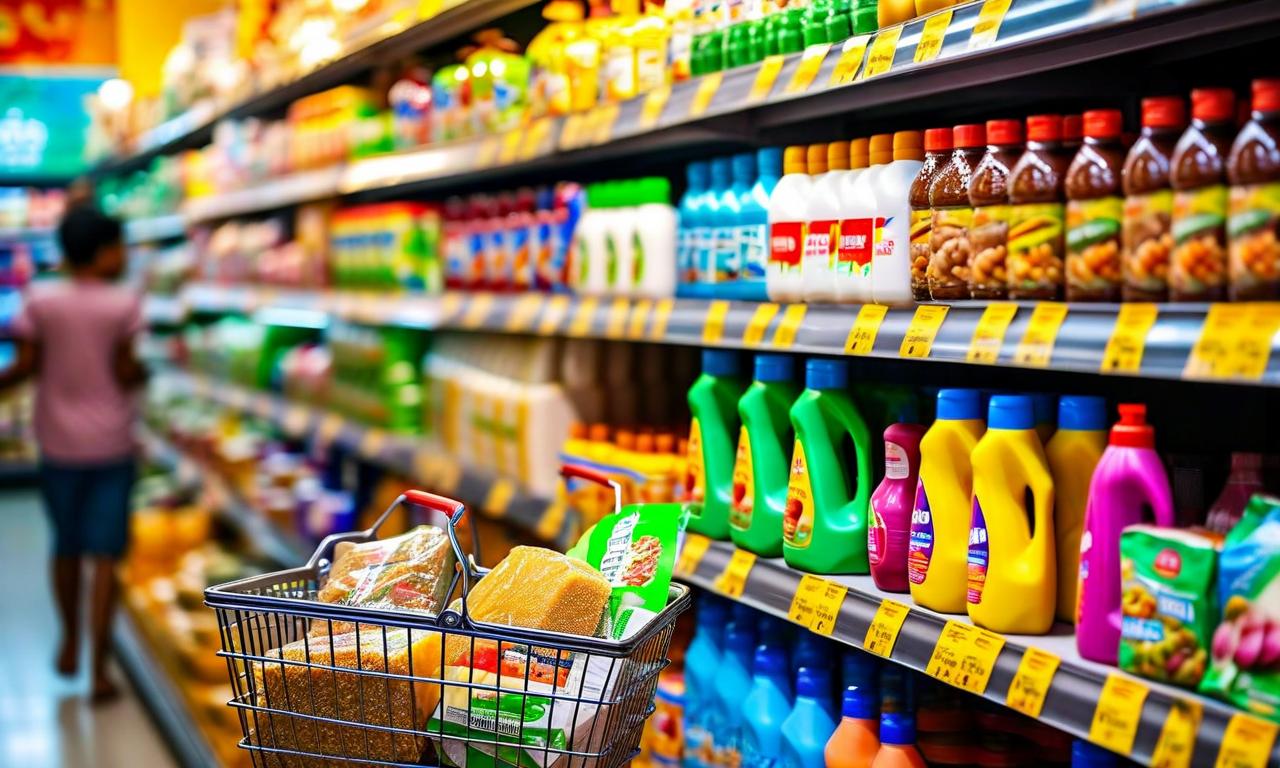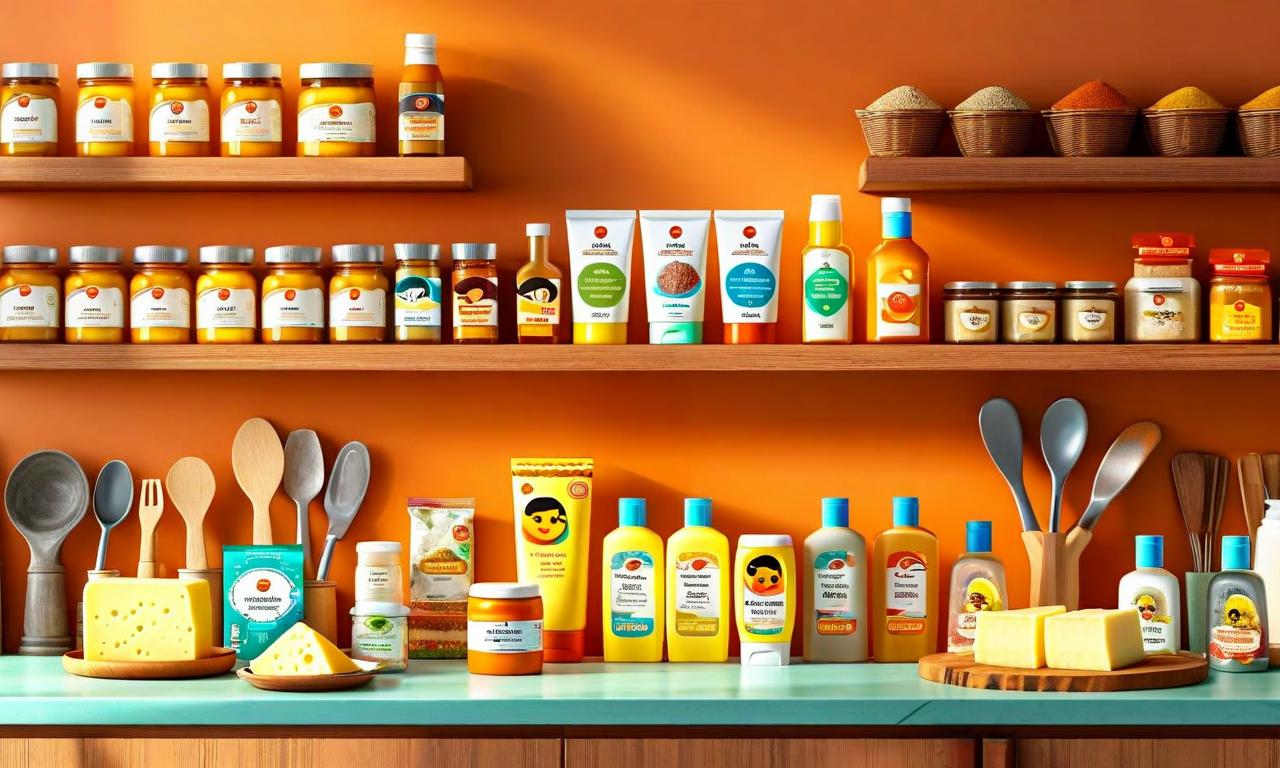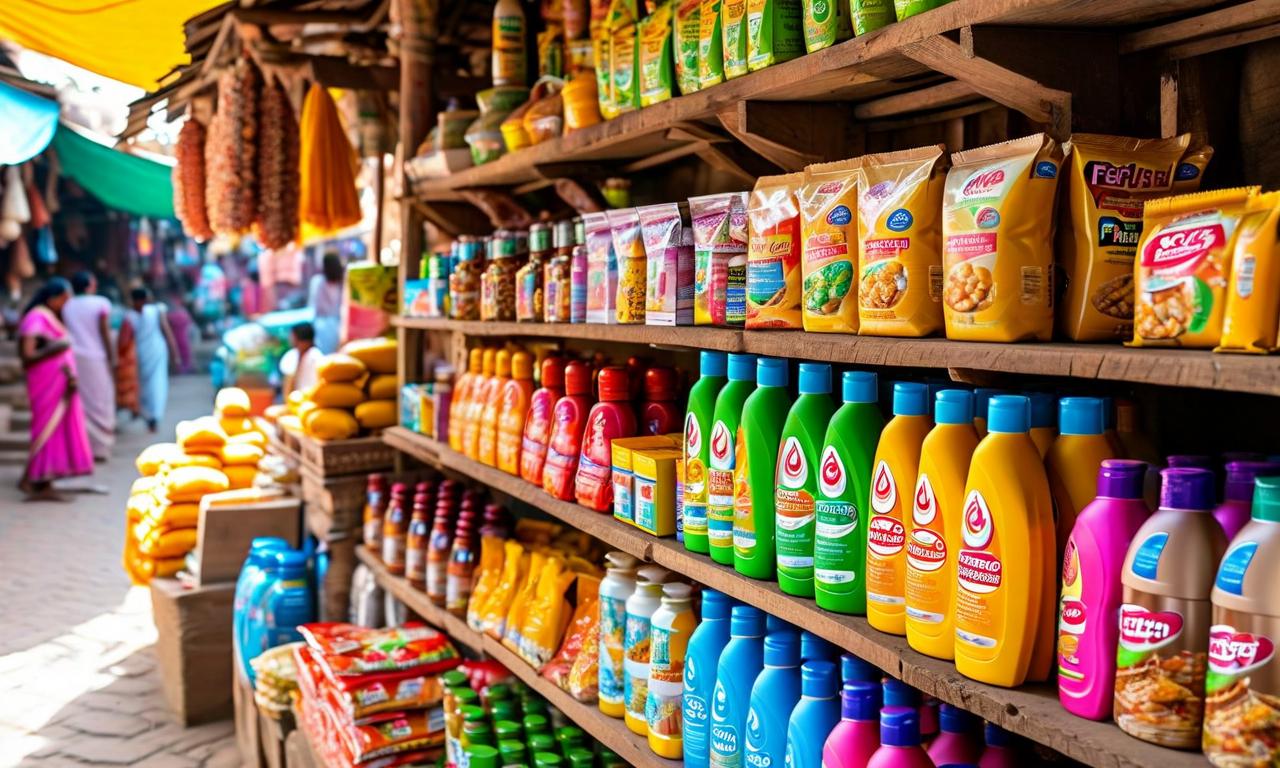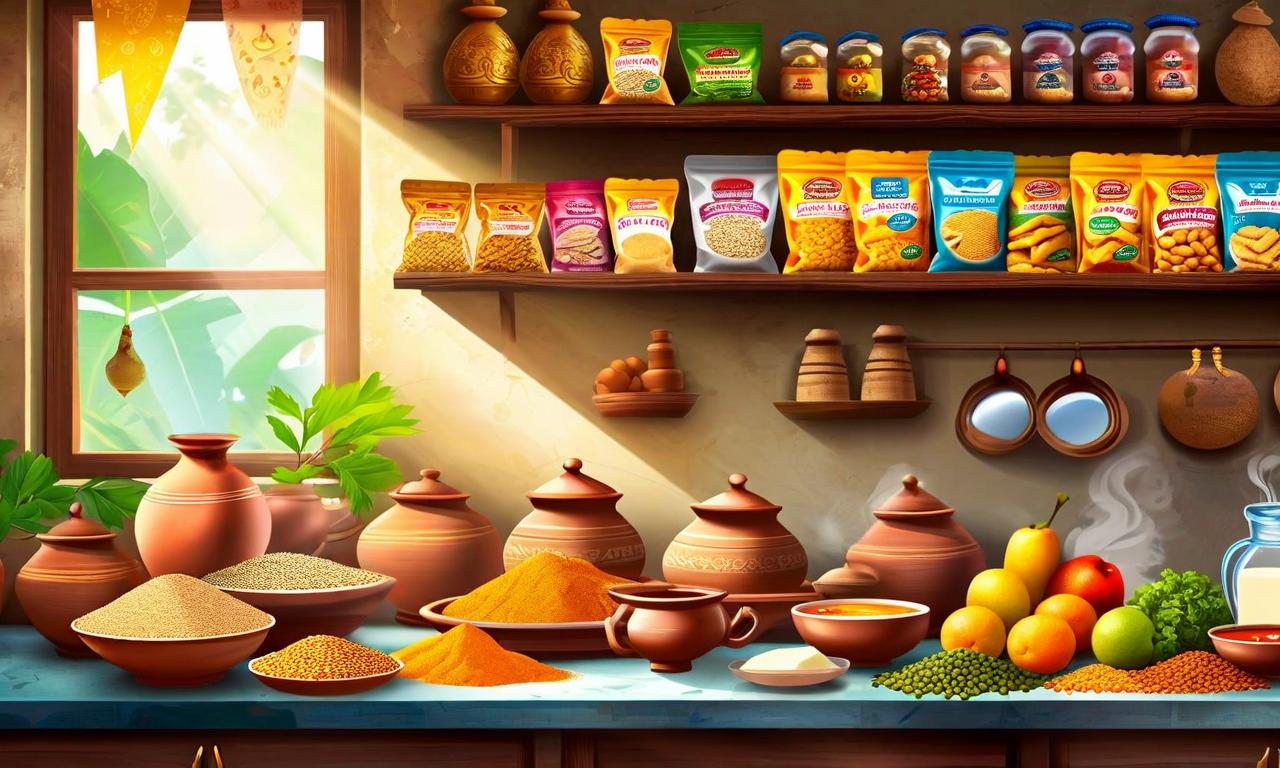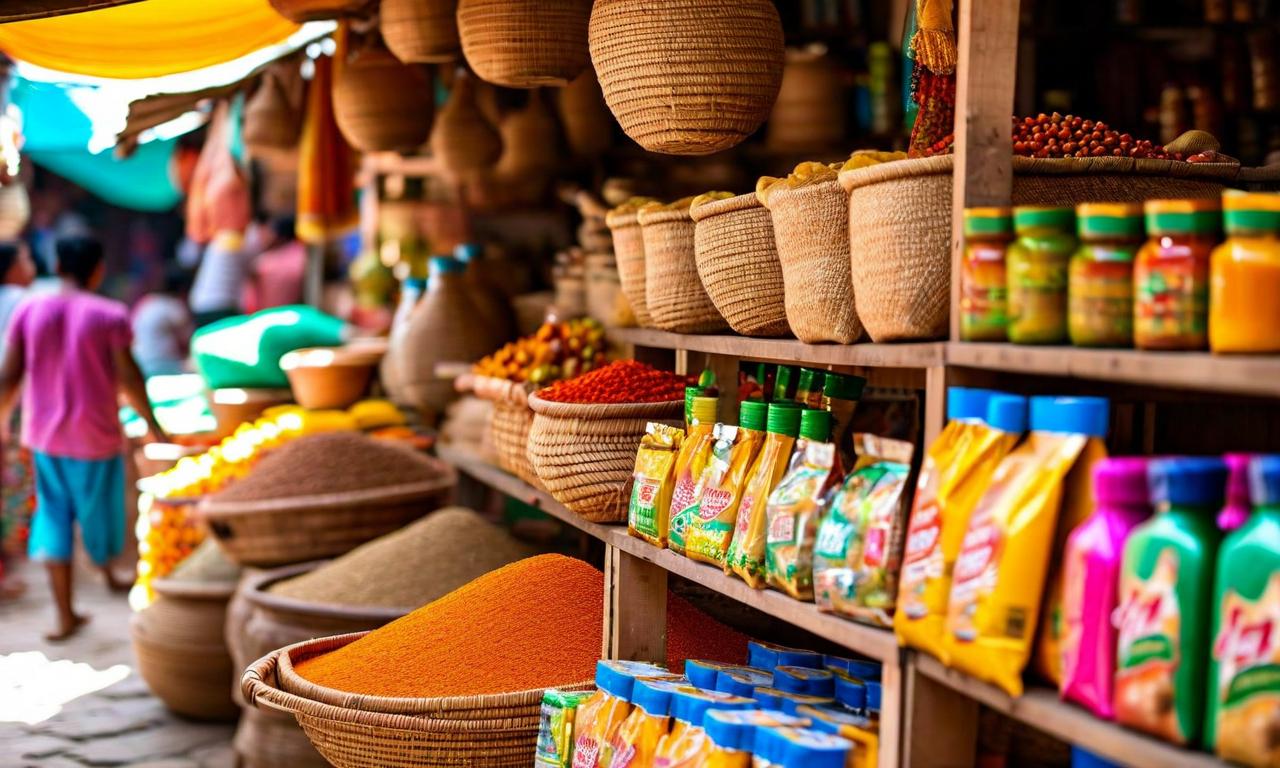GST Restructuring: Detergents and Cosmetics Left Out of Tax Cuts, Industry Experts Surprised
The GST Council has reduced tax slabs from four to two, effective September 22. Many personal care items like hair oil, soap, and toothpaste now fall under the 5% slab, down from 18%. However, detergents, cosmetics, and some other household items remain at 18%, surprising industry experts. FMCG companies plan to pass on benefits through increased pack sizes or reduced prices on larger packs. Despite exclusions, the Indian beauty and personal care market continues to grow at 10-11% annually.
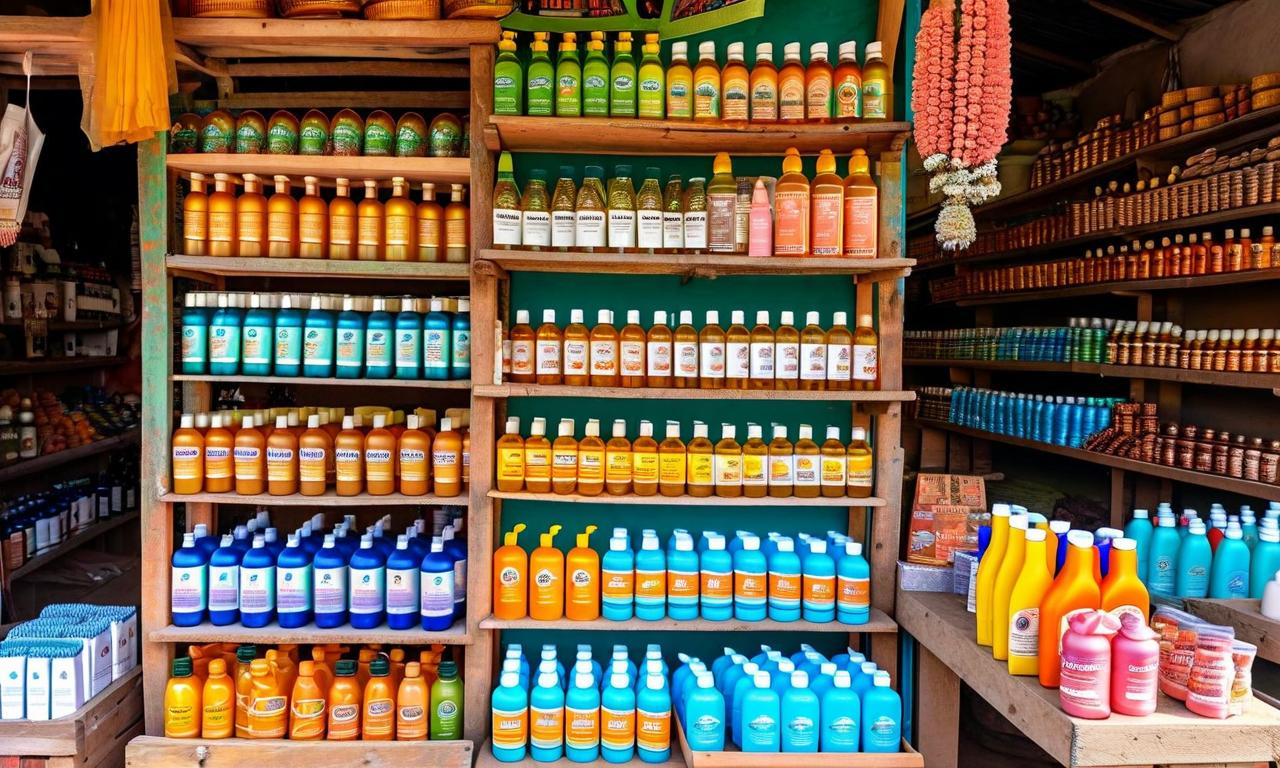
*this image is generated using AI for illustrative purposes only.
The Goods and Services Tax (GST) Council has implemented a significant restructuring of tax slabs, effective September 22, reducing the number of slabs from four to two. This move has sparked discussions in the FMCG sector, with industry experts expressing surprise at some of the decisions made.
New GST Structure
The new tax structure has consolidated the previous four slabs (5%, 12%, 18%, and 28%) into two primary slabs of 5% and 18%. This restructuring has led to tax reductions for several common FMCG products:
- Hair oil
- Soap
- Face powders
- Shampoos
- Toothbrushes
- Toothpaste
These items have been moved from the 18% slab to the lower 5% slab, potentially benefiting consumers through reduced prices or increased pack sizes.
Surprising Exclusions
Despite the tax cuts for many personal care items, some products have been notably excluded from the tax reduction:
- Detergents
- Cosmetics
- Hair dye
- Household insecticides
- Skin care products
- Paints
These items will continue to be taxed at 18%, a decision that has raised eyebrows in the industry.
Industry Reactions
The exclusion of certain products, particularly detergents, from the tax cuts has drawn attention from industry experts:
Harpreet Singh from Deloitte India commented, "Detergents are basic necessities for hygiene, and their continued higher taxation appears anomalous, especially impacting lower and middle-income families."
Abneesh Roy from Nuvama Institutional Equities expressed surprise at the exclusion of detergents, noting that "soaps and toothpaste received cuts despite being similar daily consumption items."
Impact on FMCG Companies and Consumers
FMCG companies are planning to pass on the GST benefits to consumers through various strategies:
- Increasing pack sizes
- Reducing prices on larger packs
These measures aim to ensure that consumers benefit from the tax reductions on applicable products.
Beauty and Personal Care Market Outlook
Despite the exclusion of cosmetics from the tax cuts, the Indian beauty and personal care market continues to show strong growth:
- The market is growing at an annual rate of 10-11%
- Experts note that while GST cuts could have accelerated cosmetics growth, demand remains robust
- Growth is driven by aspirational buying and expanding rural consumption
Conclusion
The GST restructuring has brought mixed reactions from the FMCG sector. While many common personal care items will see reduced taxation, the exclusion of detergents and cosmetics from these cuts has surprised industry experts. As companies prepare to pass on benefits to consumers, the impact of these changes on both businesses and households will be closely watched in the coming months.

